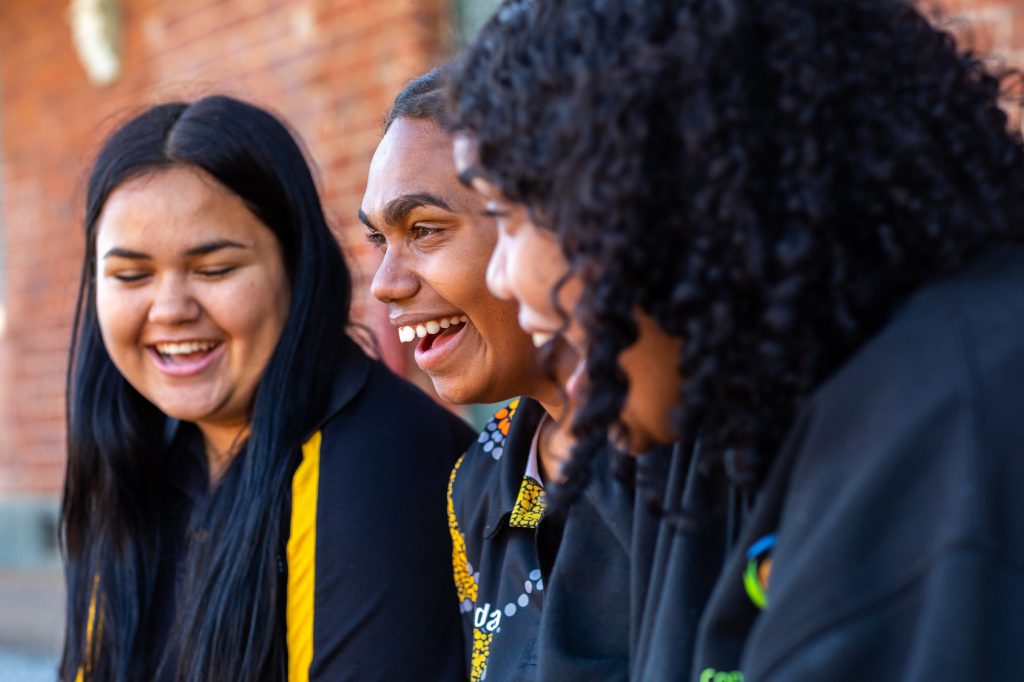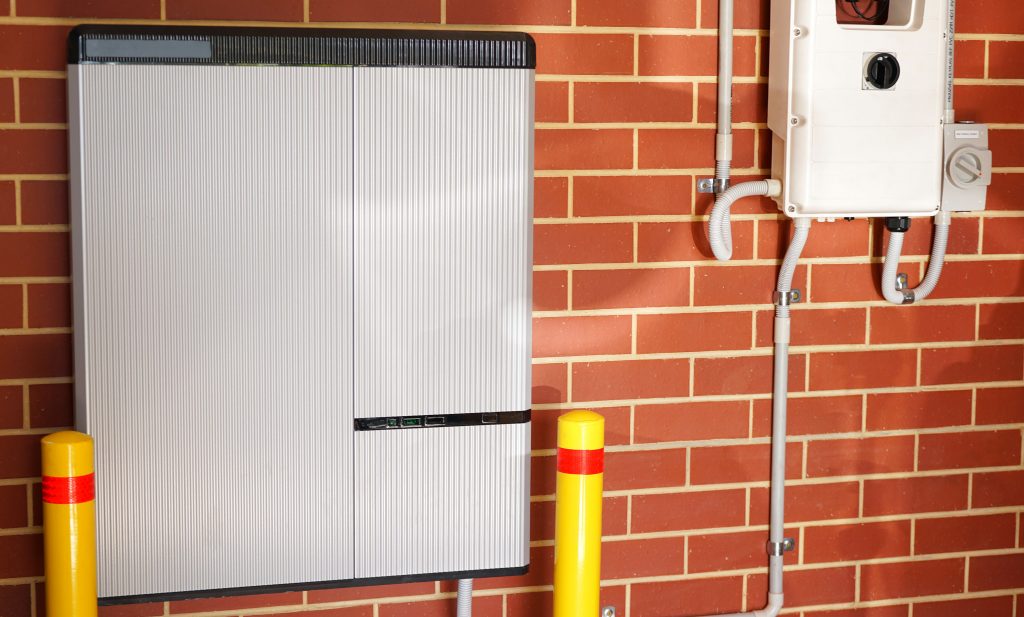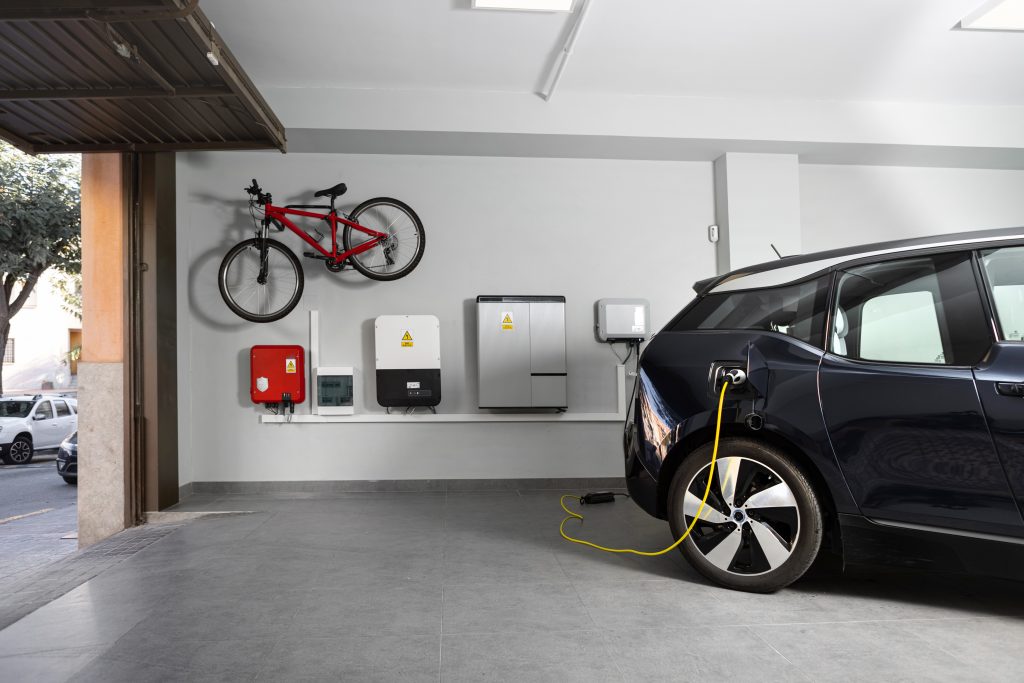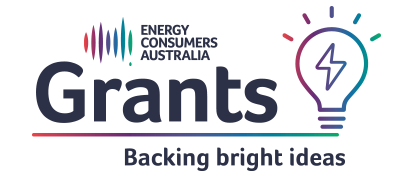Since 2016, our Grants Program has funded dozens of projects that work to advance our knowledge of consumer interests and promote consumer advocacy within Australia’s energy system.
As a new round of Grants funding opens we want to give some additional guidance about the kind of applications we’d be delighted to receive. We have been thinking about some of the big questions in the energy system from a consumer perspective and how our grants program might play a part in answering them.
Below we have listed four areas where we see potential for organisations to help drive better results for all households and small businesses. These aren’t the only areas we’d like to see funding applications directed at but they should act as a valuable guide for individuals and organisations looking to get a sense of some of our current priorities.
- The gas transition
- An inclusive energy transition
- Storage
- Mobility

1. The gas transition: the transition to net zero by 2050 means phasing out the use of fossil fuels for heating, hot water and cooking in Australian homes. While a great deal of attention is paid to the impact of this on the gas and electricity network businesses, more work needs to be done to understand the opportunities and barriers for consumers to shift to all electric home.
Organisations could apply for funding to build our knowledge about this change for all sorts of households and small businesses, to inform how governments could support people make informed decisions and/or meet the costs of change, to ensure that this transition is just and fair.

2. An inclusive energy system transition: the implications of the energy system transition for households and small businesses are yet to be understood, or to be front of mind when decisions are being made. There is a diversity of experiences and perspectives amongst households and small businesses that need to be explored and heard.
We are particularly interested in the perspectives of people and communities with lived experience of disabilities, culturally and linguistically diverse communities, First Nations peoples and regional communities. Organisations could apply for funding to explore the opportunities and barriers to inclusion faced by their community, in the transition of the energy system.

3. Storage: We want to delve into the critical role of storage in keeping electricity bills affordable as we transition to a net zero power system. As AEMO’s Q4 2021 Quarterly Energy Dynamics Report makes clear, in recent times “average” mainland wholesale electricity prices have been lower than a few years ago. But the shape of prices at different times of day and over the course of the year will matter enormously, not just the average.
With lower daytime prices and higher evening and overnight prices, people will increasingly be relying on storage in their neighbourhoods or at their own premises to keep their bills affordable. How much storage, and where it is located, needs to be planned for alongside a community wide program for ensuring that all homes are sufficiently insulated and have electric hot water storage.

4. Mobility: The transition to electric vehicles is happening in a context in which broader questions are being asked about the sustainability of most Australians making long journeys to work, with the majority of travel being done in a private car (close to 70%), with public transport accounting for around 12% and somewhat less than that walking to work.
Understanding how electric vehicles could be charged, conveniently and affordably for households and small businesses, means understanding the meanings, habits and practices that shape mobilities within our economy and communities.
Am I eligible?
Are you a not-for-profit or research organisation with a public purpose that would be interested in exploring these critical questions, to understand the implications of change, and contribute to the development of solutions that deliver real benefits to consumers? If so, we’d love to hear from you. Full eligibility guidelines are HERE.
Our Grants Program supports strong, evidence-based projects that address a clearly defined, topical issue for households or small business, and can show how they intend to create impact or influence. Research activities funded by the Grants Program contribute to building knowledge, engaging, and influencing policy development, industry practice and the community. Find out more about our grants program here or get in touch with our team for a chat at grants@energyconsumersaustralia.com.au.

